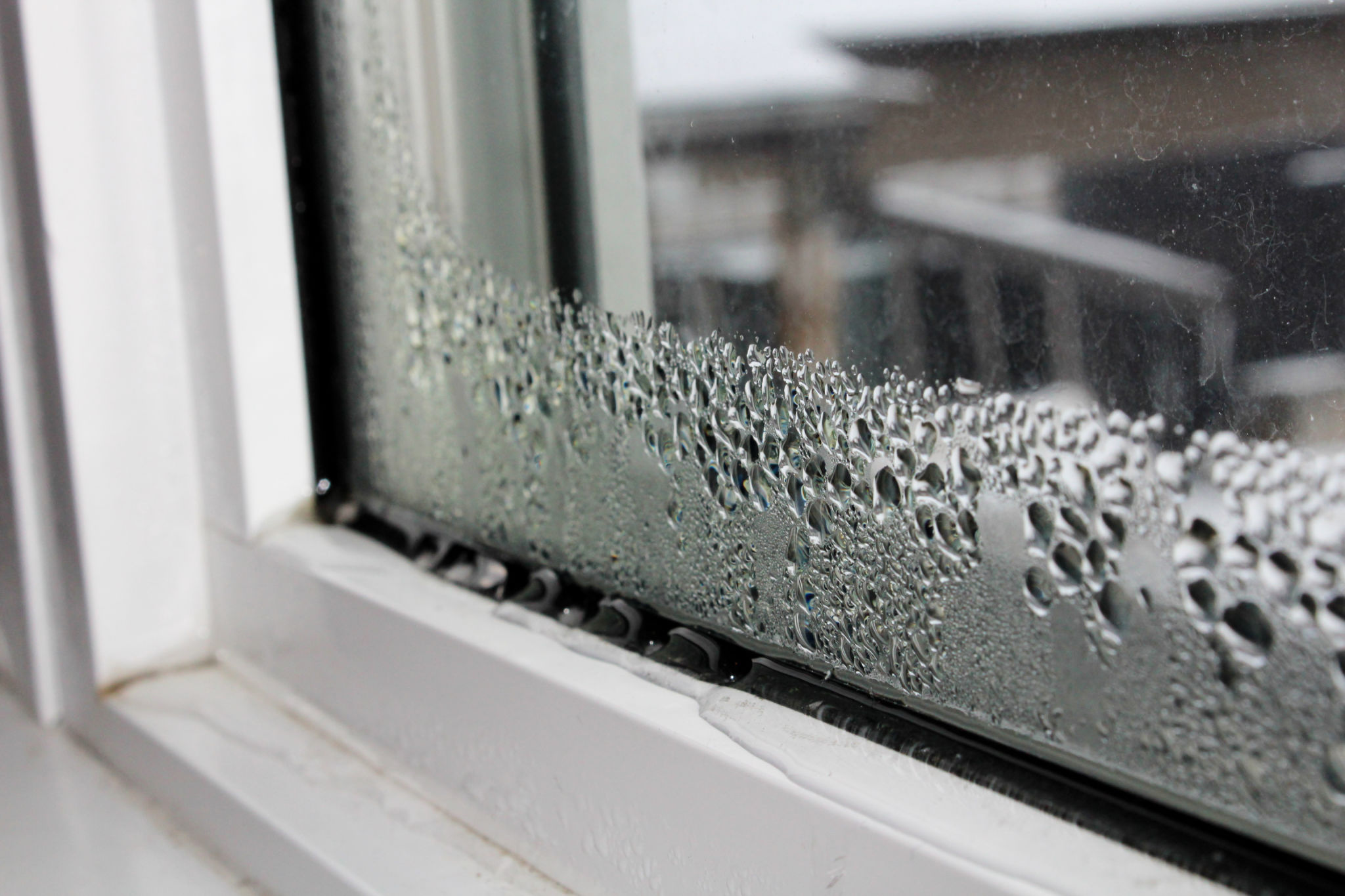Myth-Busting: Common Misconceptions About Foggy Windows and How to Prevent Them
JD
Understanding the Causes of Foggy Windows
Foggy windows can be a common issue, particularly in homes and vehicles, but they are often misunderstood. The primary cause of foggy windows is condensation, which occurs when warm, moist air comes into contact with a cooler surface. This is common during colder months when the temperature difference between the inside and outside of a window is significant.
Many people mistakenly believe that foggy windows are a sign of poor insulation. While inadequate insulation can contribute to the problem, it is not the sole cause. In fact, even well-insulated homes can experience condensation if the humidity levels inside are too high.

Common Misconceptions About Foggy Windows
Myth 1: Foggy Windows Mean Your Windows Are Faulty
One of the most prevalent myths is that foggy windows indicate a defect. In reality, fogging is usually not a result of defective windows but rather environmental conditions. Double or triple-pane windows are designed to reduce heat transfer, but they can still develop condensation between panes if the seal fails, which is a separate issue.
Myth 2: Opening Windows Will Solve the Problem
While opening windows can help reduce humidity levels temporarily, it is not a permanent solution. In fact, during colder months, opening windows can introduce more cold air, potentially increasing condensation on other surfaces. Instead, focus on maintaining balanced humidity levels indoors.

Effective Prevention Strategies
Control Indoor Humidity
Controlling indoor humidity is crucial in preventing foggy windows. Use dehumidifiers to remove excess moisture from the air. Aim to keep indoor humidity levels between 30% and 50%. This not only helps prevent window condensation but also improves overall air quality and comfort.
Ventilation and Air Circulation
Adequate ventilation is another key factor in preventing foggy windows. Use exhaust fans in areas prone to moisture, such as kitchens and bathrooms, to expel humid air. Additionally, ensure that your HVAC system is functioning correctly to help circulate air throughout your home.

Additional Tips for Keeping Windows Clear
For those who frequently experience foggy windows in their vehicles, try using anti-fog sprays or wipes designed for automotive glass. These products create a thin barrier that helps prevent condensation. Similarly, applying a water-repellent coating can help keep home windows clear.
Finally, regular maintenance and inspection of window seals can prevent moisture from entering between double or triple-pane windows. If you notice persistent fogging between panes, it may be time to consult a professional to assess the condition of your window seals.

